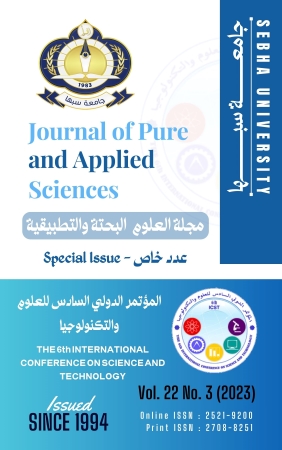Investigating the Effect of Experimental Factors on the Performance of Warm Mix Asphalt with Wax Additive using Application of the Taguchi Method
Abstract
The objective of this study was to assess the impact of experimental factors on the volumetric properties and performance of warm mix asphalt (WMA) with RH-WMA using the Taguchi method. The gradations of the mixtures were based on AC 14, as specified by the Public Works Department of Malaysia. An L16 orthogonal array was employed to design the mixtures, considering three factors: compaction temperatures ranging from 95 to 140°C, RH-WMA contents ranging from 1% to 4%, and asphalt contents ranging from 3.5% to 6.5%. Sixteen mixtures were prepared according to the L16 array. The study focused on investigating several volumetric properties, including bulk-specific gravity, air voids, voids filled with asphalt, and voids in mineral aggregates. Additionally, the strength behavior of the samples was analyzed using the Taguchi method. The resilient modulus and performance of the mixtures were also evaluated. The results of the study indicate that a high RH-WMA content led to a slight decrease in the strength of the asphalt mixture and air voids. However, it increased the voids filled with asphalt (VFA) and resulted in softening of the asphalt mixtures.
Full text article
Authors
Copyright (c) 2023 Journal of Pure & Applied Sciences

This work is licensed under a Creative Commons Attribution 4.0 International License.
In a brief statement, the rights relate to the publication and distribution of research published in the journal of the University of Sebha where authors who have published their articles in the journal of the university of Sebha should how they can use or distribute their articles. They reserve all their rights to the published works, such as (but not limited to) the following rights:
- Copyright and other property rights related to the article, such as patent rights.
- Research published in the journal of the University of Sebha and used in its future works, including lectures and books, the right to reproduce articles for their own purposes, and the right to self-archive their articles.
- The right to enter a separate article, or for a non-exclusive distribution of their article with an acknowledgment of its initial publication in the journal of Sebha University.
Privacy Statement The names and e-mail addresses entered on the Sabha University Journal site will be used for the aforementioned purposes only and for which they were used.

